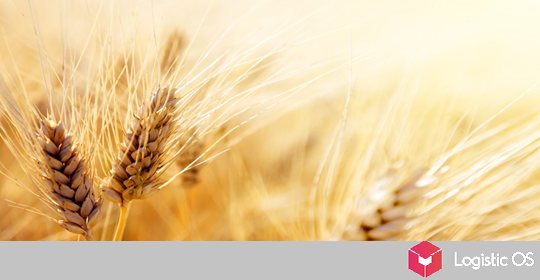The ban applies to wheat, rye, barley, oats, corn, buckwheat, millet, other cereals, as well as rape seeds.
Restrictive measures will also affect countries that are members of the Eurasian Economic Union, while the origin of the grain will not matter.
The exception will be goods that are intended to provide humanitarian assistance to states, as well as transit goods that pass through the territory of the republic.
In addition, on August 31, the decree of the President of Belarus of 2011 expires, according to which the import of goods through the republic to Russia provided favorable conditions.
According to preliminary estimates, the number of companies using the so-called “Belarusian” corridor will decrease by 2-3 times.
According to experts, the ban on the export of grain crops from Belarus does not pose any risks for Russia, since Belarus is not a serious supplier for our country.
The agro-industrial complex of the republic is focused on the production of goods with high added value, for example, compound feed, and for these purposes Belarus imports a large number of grain crops, including from Russia.
More significant for Russia is the supply of seeds from Belarus, for example, of winter wheat. But, given the high forecasts for the grain harvest in Russia, the imposed ban will not affect our country.
In turn, Deputy Prime Minister of Belarus Alexander Subbotin noted that the introduction of such restrictive measures do not contradict the international obligations of the republic and are used to saturate and protect the domestic market.

